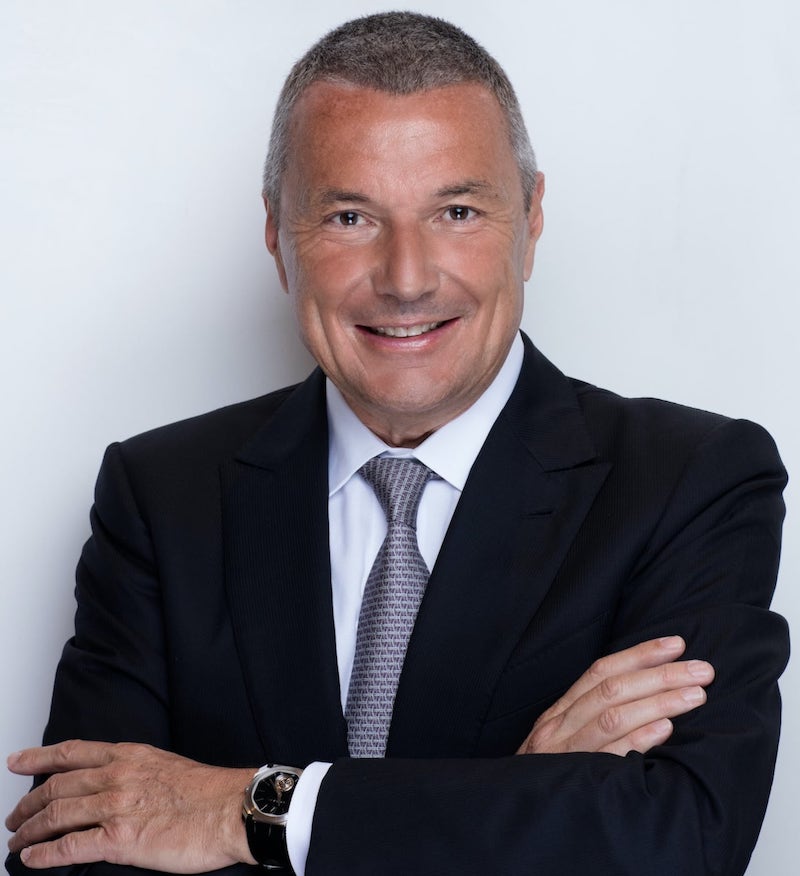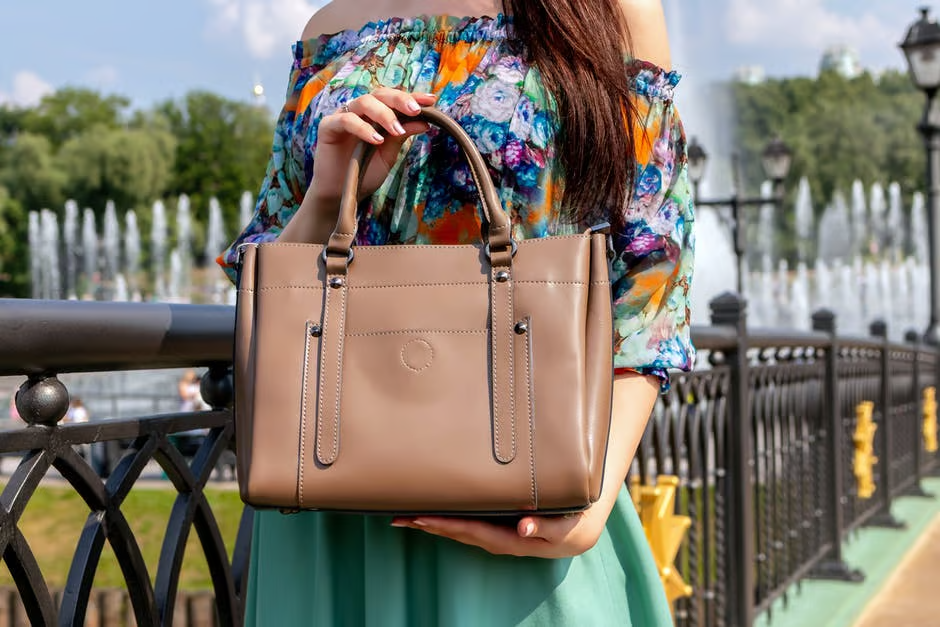Japanese fashion retailer Uniqlo, owned by the retail group Fast Retailing, is expanding its presence across the UK, with new stores opening in Liverpool, Birmingham, and Glasgow.

Japanese fashion retailer Uniqlo, owned by the retail group Fast Retailing, is expanding its presence across the UK.
Following recent store openings in Edinburgh and London, the Japanese retailer recognised for its high-quality, stylish and accessible apparel, is expanding in the UK with the opening its Liverpool store next month and stores planned in Glasgow and Birmingham.
Per the company report: Uniqlo Europe reported significantly higher revenue and profit in FY2024, with revenue rising to ¥276.5 billion and operating profit totaling ¥46.5 billion. Europe boasts the highest growth rate in the Fast Retailing Group. We intend to extend this growth by increasing revenue to ¥500 billion and operating profit margins to 20 percent in FY2027.
The first opening will be on April 24, 2025 at 90 Paradise Street, Liverpool. The spacious store will retail its LifeWear collection and feature Uniqlo’s UTme customisable T-shirt station and a dedicated Re.Uniqlo Studio that offers repair and recycling services for pre-loved Uniqlo garments. The Japanese retailer will be collaborating with local partners for the opening, including activity with women’s health and empowerment organisation Girls On The Go.
Following Liverpool, Uniqlo will expand its UK footprint with store openings in Glasgow and Birmingham, this autumn. The Glasgow store will be in a 12,900 square foot, three-floor space in St Enoch Centre on Argyle Street. Next, the 11,840-sq-ft Birmingham outpost will occupy a three-floor space within the shopping centre on New Street.

Uniqlo Glaslow
Per the CEO report on the official website: “One factor underpinning Uniqlo’s success is the opening of global flagship stores, which achieve the perfect blend of local history, culture, and Uniqlo values in prime urban locations. Sales are proving extremely strong in the markets we entered in 2024: Edinburgh, Scotland; Rome, Italy; Warsaw, Poland; and Texas, the USA. The European and North American apparel market is worth ¥120 trillion. Our target is to achieve revenue of ¥1 trillion in each of these regions and then eventually grow total sales to ¥3 trillion.”
Uniqlo history
In 1972 Tadashi Yanai inherited his father’s chain of twenty-two men’s tailoring stores named Ogori Shoji in Ube Yamaguchi. Shortly after becoming company president in 1984 he opened a new store in Hiroshima named Unique Clothing Warehouse, which was later shortened to Uniqlo.
The first Uniqlo store opened its doors in June 1984. Inspired by his travels to Europe and the US where he discovered large casual apparel chains like Benetton and Gap.. Tadashi Yanai saw immense potential for Japan’s casual wear market. He also discovered that International fashion chains were vertically integrated, taking control of the entire business from design to production and retail.

The Japanese fashion brand continues to enjoy tremendous growth with high quality, functional and simple apparel at affordable prices.
The Japanese fashion brand continues to enjoy tremendous growth with high quality, functional and simple apparel at affordable prices. By April 1994 there were over hundred Uniqlo stores throughout Japan. When Uniqlo expanded overseas, it separated Uniqlo from the parent company and established Fast Retailing (Jiangsu) Apparel Co., Ltd. in China. In 2002 their first Chinese Uniqlo outlet opened in Shanghai along with four outlets in London. 2005 witnessed more overseas expansion with stores opening in the United States, Hong Kong and South Korea.
Uniqlo also established collaborations with designers like Jil Sander in 2009- Shiatzy Chen in 2010 and Alexander Wang in 2018 to create a line of Heat-tech basics. In 2022 Marni collaborated with Uniqlo. Today Uniqlo is a wholly-owned subsidiary of Fast Retailing Company Limited and is acclaimed for its high-quality private-label life-wear at low prices.
The fashion brand- and its parent brand- has a new sustainability mission statement: Unlocking the Power of Clothing. The company believes it can turn the power of clothing into a force for good by designing- producing and retailing simple apparel that is high in quality and built to last. It is also produced without excessive burden on the environment. Good clothing- made by people of diverse backgrounds- working in conditions where their health and safety and human rights are respected and upheld.
Jasmeen Dugal is Associate Editor at FashionABC, contributing her insights on fashion, technology, and sustainability. She brings with herself more than two decades of editorial experience, working for national newspapers and luxury magazines in India.
Jasmeen Dugal has worked with exchange4media as a senior writer contributing articles on the country’s advertising and marketing movements, and then with Condenast India as Net Editor where she helmed Vogue India’s official website in terms of design, layout and daily content. Besides this, she is also an entrepreneur running her own luxury portal, Explosivefashion, which highlights the latest in luxury fashion and hospitality.








